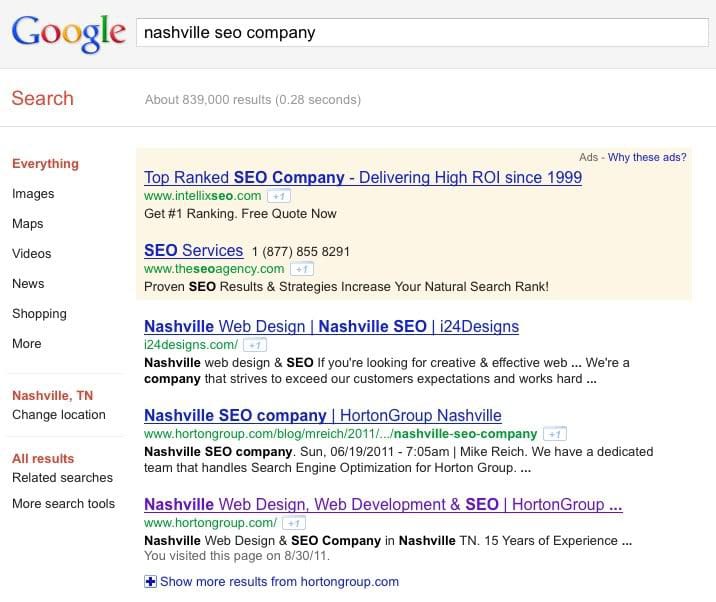
Looking at Google through goggles
Have you ever been snorkeling? I was in the British Virgin Islands the first time I stuck my head under the ocean to look around and I was amazed. The buzzing, vibrant sea-world full of neon blue, orange and purple algae swarmed by schools of fish swimming in unison alongside countless kinds of other sea animals goes completely unseen from above the calm plain surface of the water. Entire systems of life were evolving and existing without my knowledge.
This is like Google; clean and easy on the surface but dense and alive once you stick your goggles under. There is so much information under there that can be very overwhelming so I am embarking on my own journey to understand the sea-world of Google and it begins with my own definition of SEO, Search Engine Optimization (in laymens terms). SEO is the process of using keywords and linking to help Google find a website faster.
As it was explained to me, Google is one big popularity contest where everybody wants to be Homecoming Queen. To be selected as Homecoming Queen means, of course, that your website ranks first on particular key-word searches on Google. For example, when you Google Nashville SEO Company The Horton Group appears 2nd and 3rd on the list. It isn’t just coincidence that it pops up toward the top of the list, Horton has SEO experts working tirelessly to not only maintain the high ranking but also help it to creep up the list.
The first step in the process involves using various keywords in the text of your site and in meta tags to tell Google that your site is relevant for a particular keyword search. Meta Tags look like this <meta name=”description” content=”A description of the page” /> and are added to the <head> section of your HTML page. By using relevant and descriptive terms, Google can begin to understand what your website is about.
The next level of being SEO-minded is linking internally, externally and creating inbound links. Ever surf the web where 20 minutes passes on the same website without realizing? Internal linking (sending a reader to another part of your site) is useful because it helps to create stronger more dense webbing that encourages readers to keep reading more. This not only increases page hits but also gives your brand a greater chance of sinking in to a potential customer while giving them more of your valuable content.
External linking is more commonly understood since you are generally on the forward progression of surfing (one website links to another which links to another, etc). Providing useful links on your site is valuable to your readers who are just looking for the best information but is also encouraging of good relations with other sites. Why is this important?
Inbound links, established either through providing valuable content or establishing solid web community relations, are when readers are drawn to your page from an outside site. Having valuable links in to your page can have very positive effects on your search engine ranking and helps to generate more traffic.
This is just a basic overview of what SEO means for web pages and I hope to delve deeper into the system in the coming months.
